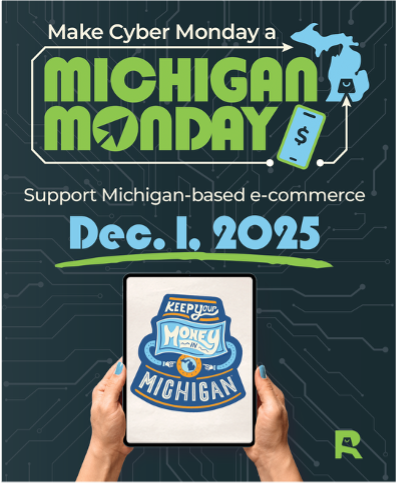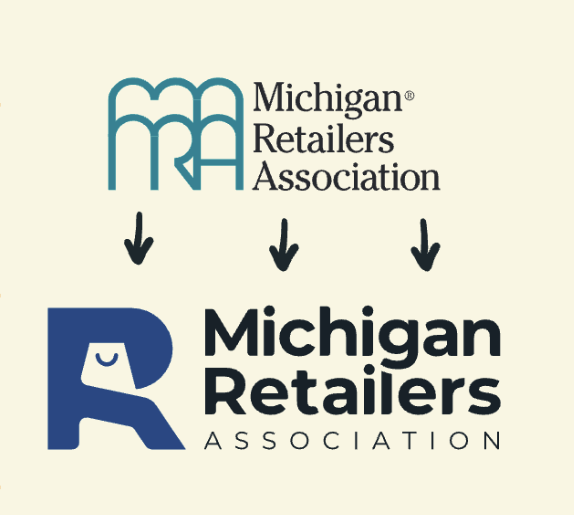I was grateful but dismayed to recently receive an article from former MRA employee, current MRA consultant, and great friend to retail, John Mayleben, which highlighted the recent surge in “skimming” of Electronic Benefits Transfer (EBT) cards. Skimming, as you are likely aware, is a form of white collar crime where criminals obtain personal information off of various forms of payment and then use that information to steal funds from the cardholder. The fear of being “skimmed” is very real to all consumers, but particularly reprehensible to those who find themselves in a difficult spot in life and in need of government assistance.
The article gave the heartbreaking example of a mother of two who lost over a thousand dollars two days before her rent was due. She was able to make an arrangement with her landlord, but at the cost of additional late fees that she could not afford. You can imagine the stress this incident added to her life. Then she was skimmed two more times in the same year.
Victims of EBT skimming do have a route for reimbursement, through the federal government and some state governments, but it comes at an enormous price. First, the process takes time that the victims do not have, only allows for up to two month’s reimbursement, and is slated to end in September. Second, taxpayers are the ones ultimately footing this expense.
While Michigan has seen successful prosecutions of EBT crimes through the Attorney General’s Organized Retail Crime Unit, criminals remain vigilant. As retailers, especially in the grocery space, but anywhere that accepts EBT and other forms of assistance, you have a chance to give back, and fight back, for those in your community who rely on this assistance. First, educate yourself on the signs that your payment devices have been compromised and take the necessary action to properly train your employees to identify suspicious behavior. Second, talk to your state and federally-elected officials about the importance of implementing chip protected EBT and other benefit payment cards, similar to the fraud protections currently in place for many standard credit and debit cards.
Credit card theft deserves the full attention of the retail community and those in elected leadership roles, regardless of individual financial circumstances. The importance is only heightened when it has a direct impact on the most vulnerable in our communities.
Tom Clement
Vice President, Operations and General Counsel
Michigan Retailers Association





